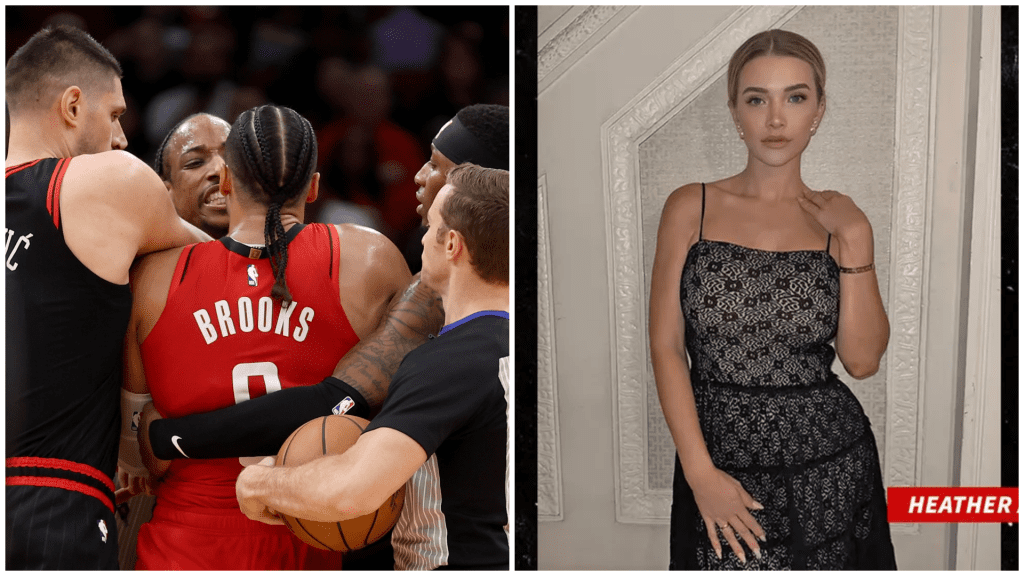
Dillon Brooks Seeks Restraining Order After Disturbing Threats: The Full Story Behind the NBA Star’s Private Battle
When we think of Dillon Brooks, we usually picture his intense defensive plays, the trash talk, and the way he gets under the skin of NBA opponents. But lately, the battle he’s been fighting isn’t on the hardwood—it’s happening in courtrooms and behind closed doors. The story unfolding around Brooks has shaken many who’ve followed his career closely. It’s not about basketball stats or rivalries anymore. It’s about safety, family, and a deeply troubling set of allegations that reveal a much more personal side of his life.
According to newly surfaced court documents, Dillon Brooks has filed for a temporary restraining order against Heather Andrews, the mother of his children. And it’s not some routine legal filing—it’s serious. Brooks claims she’s been harassing him, threatening his safety, and even making violent threats that include wanting to have his fingers cut off so he could never play basketball again. Those are not just words—they’re the kind of claims that raise red flags for anyone, especially when children are involved.
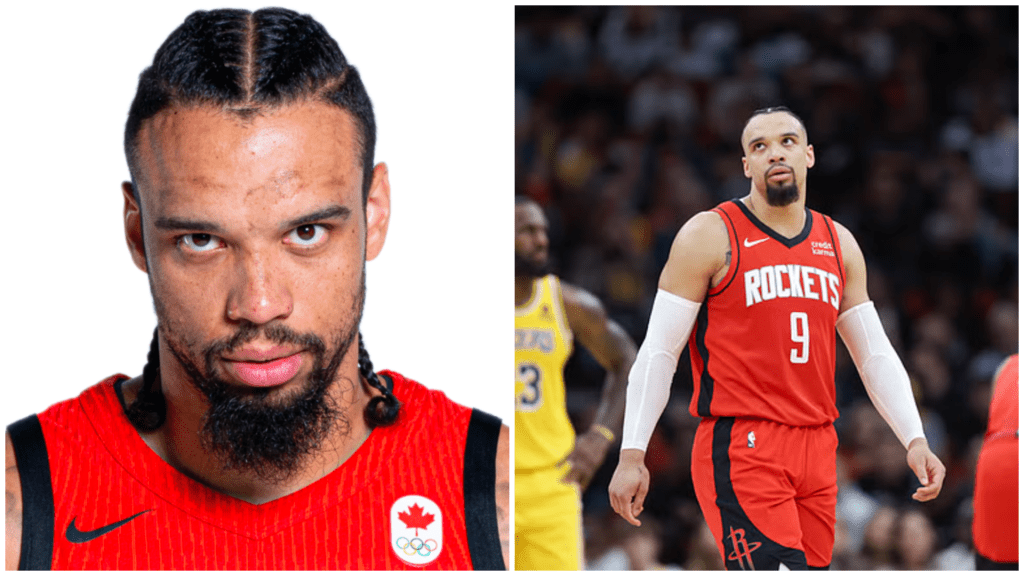
Brooks says it’s not the first time things have gotten scary. In fact, he claims Andrews vandalized his Memphis home in 2022, allegedly spray-painting words like “deadbeat” and “cheater” across the property. That kind of behavior, according to the documents, was part of a larger pattern of harassment—one that he says has crossed lines multiple times over the past few years.
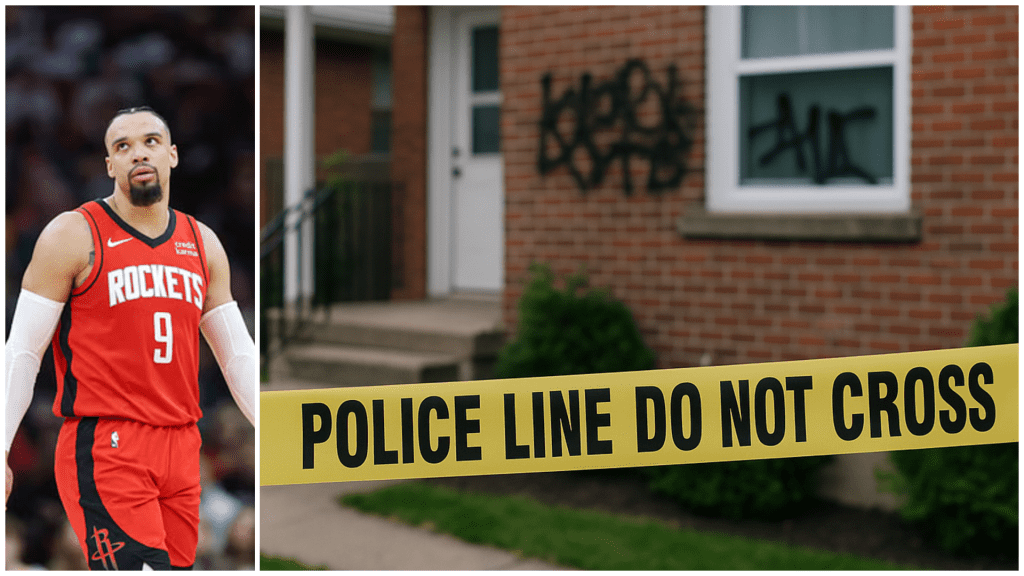
But it didn’t stop there. The documents say Andrews also accessed Brooks’ social media accounts and even the parenting app they used to co-manage their child’s schedule. She allegedly pretended to be him in some messages, an act Brooks describes as manipulative and invasive. He claims she sent fake messages, twisted facts, and has repeatedly tried to damage his reputation both personally and professionally.
The most chilling part? According to the filing, she made direct threats not just toward Brooks, but toward his mother—telling him that his mom would be “hunted” and that she “wasn’t safe either.” You don’t have to be an athlete or public figure to understand how disturbing that is. No one wants their family dragged into personal conflict, especially not under threats of harm.
This legal move isn’t coming out of nowhere. People close to Brooks have hinted that things have been tough for him off the court, and this appears to be the breaking point. With these allegations public, Brooks is clearly drawing a line and choosing to speak up not just for himself, but for his children and his peace of mind. The restraining order, if granted long-term after the hearing scheduled for July, would put legal protections in place and restrict Andrews’ ability to contact him or come near his property.
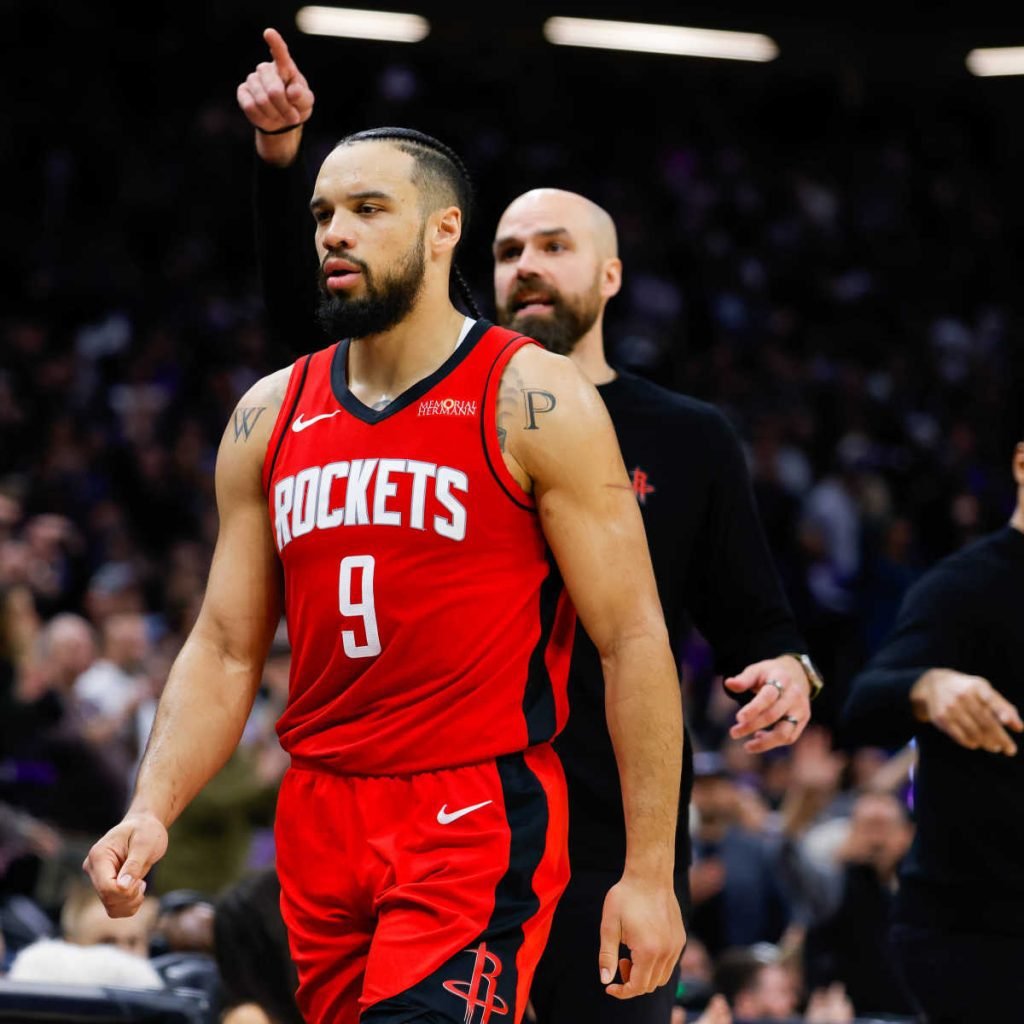
All of this comes at a time when Brooks is already in transition. After a rocky stint with the Houston Rockets, where his role was debated more than celebrated, Brooks was recently traded to the Phoenix Suns. That move should have been about a fresh start—new team, new city, new chance to rebuild his brand. But instead of talking about his defensive prowess or how he fits into the Suns’ playoff hopes, the headlines are focused on this unfolding family drama.
What makes this more than just a sports story is how raw and real it feels. We’ve seen plenty of NBA beefs, fines, and suspensions. But this isn’t about technical fouls or post-game interviews—it’s about mental health, safety, and the complexities of co-parenting in the spotlight. When Brooks stepped onto the court, he always played like someone with a chip on his shoulder. Now, we’re seeing that the weight he’s been carrying may go far beyond basketball.
Some critics have used this moment to revisit Brooks’ past controversies—his on-court trash talk, his history of altercations, his sometimes brash personality. But if this situation teaches us anything, it’s that public personas are never the whole story. The loud, confident figure we see in the arena may be dealing with deeply private pain behind the scenes.
It’s also a reminder that athletes, no matter how famous or tough they seem, aren’t immune to personal turmoil. Brooks’ decision to go public with the restraining order isn’t a PR move—it’s a cry for stability, for boundaries, for safety. And in doing so, he’s highlighting something bigger: that even men in powerful positions can feel trapped, threatened, and in need of protection.
There’s still a lot to play out. A court hearing in July will allow both sides to present their cases. It’s possible more evidence will surface, and Andrews may respond legally or publicly. But for now, Brooks’ move is a clear one—he’s taking this seriously, and he’s not staying quiet.
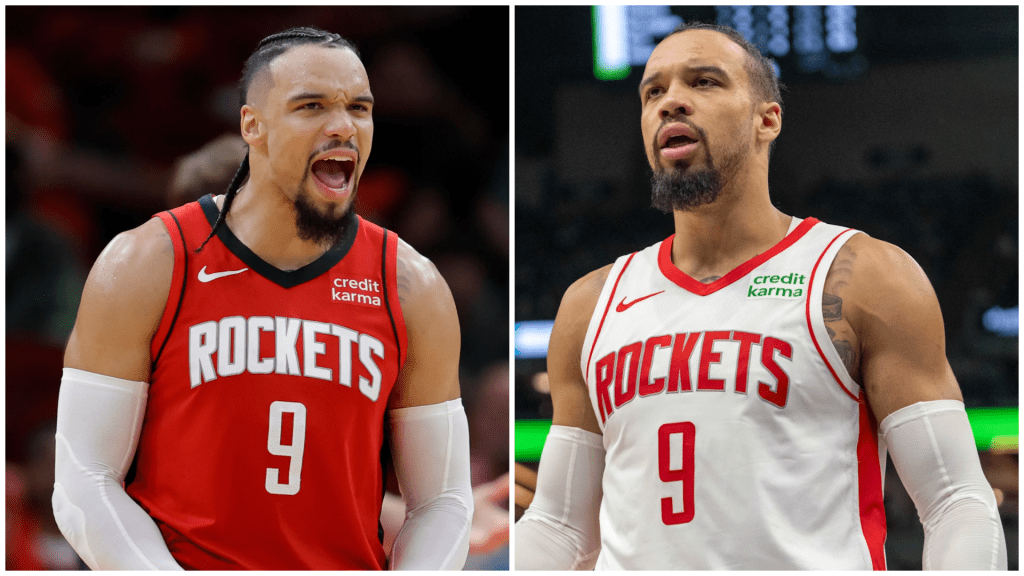
This isn’t the kind of story fans want to read about their favorite players. But it’s the kind of story that reminds us there’s always more happening beyond the scoreboard. Dillon Brooks may be battling for rebounds and steals on the court, but off it, he’s fighting for something much more important—his peace, his family’s safety, and a life free of fear.
Whether you love Brooks for his defensive grind or dislike him for his attitude, it’s hard not to feel something reading this story. It’s personal, raw, and deeply human. And like many things in life, it’s complicated. But in taking this legal step, Brooks may have done something that could help not just himself, but others in similar situations—by reminding us that speaking up is powerful, and protection should never be a privilege only for the quiet or the soft-spoken.
As this case develops, the spotlight will no doubt return to the court. But this chapter in Brooks’ life is about more than basketball. It’s about reclaiming control. And that’s a move worth watching.